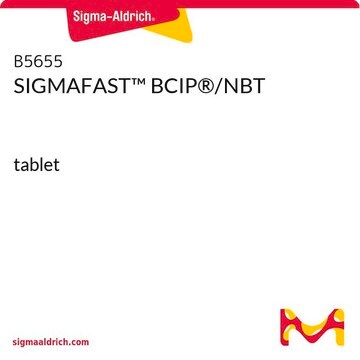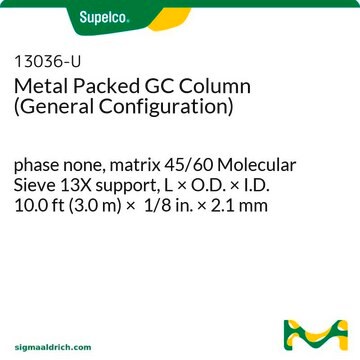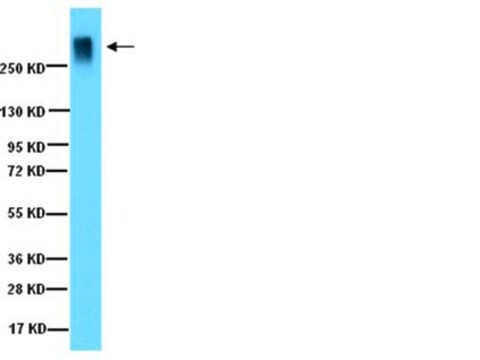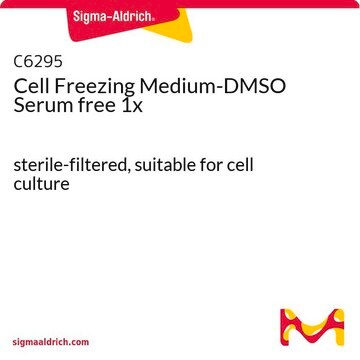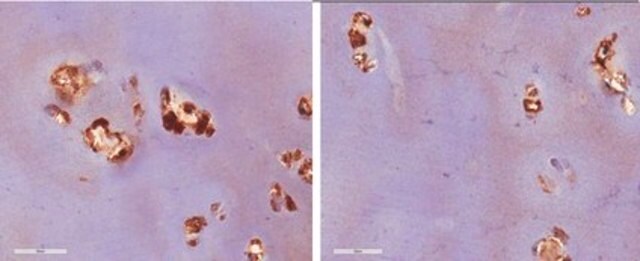MAB19310
Anti-Aggrecan Antibody
CHEMICON®, mouse monoclonal, AF-28
About This Item
WB
western blot: suitable
Recommended Products
Product Name
Anti-Aggrecan Antibody, MMP Cleaved, NT FFGVG neoepitopes, clone AF-28, clone AF-28, Chemicon®, from mouse
biological source
mouse
Quality Level
antibody form
purified antibody
antibody product type
primary antibodies
clone
AF-28, monoclonal
species reactivity
bovine, rat, human, pig, mouse
should not react with
guinea pig, horse
manufacturer/tradename
Chemicon®
technique(s)
ELISA: suitable
western blot: suitable
isotype
IgG1
NCBI accession no.
UniProt accession no.
shipped in
wet ice
target post-translational modification
unmodified
Gene Information
human ... ACAN(176)
General description
Specificity
Immunogen
Application
Cell Structure
ECM Proteins
Inflammation & Autoimmune Mechanisms
ELISA
Optimal working dilutions must be determined by the end user.
Physical form
Storage and Stability
Analysis Note
Cartilage, neural tube, and brain tissue
Legal Information
Disclaimer
Not finding the right product?
Try our Product Selector Tool.
recommended
Storage Class Code
10 - Combustible liquids
WGK
WGK 2
Flash Point(F)
Not applicable
Flash Point(C)
Not applicable
Certificates of Analysis (COA)
Search for Certificates of Analysis (COA) by entering the products Lot/Batch Number. Lot and Batch Numbers can be found on a product’s label following the words ‘Lot’ or ‘Batch’.
Already Own This Product?
Find documentation for the products that you have recently purchased in the Document Library.
Our team of scientists has experience in all areas of research including Life Science, Material Science, Chemical Synthesis, Chromatography, Analytical and many others.
Contact Technical Service